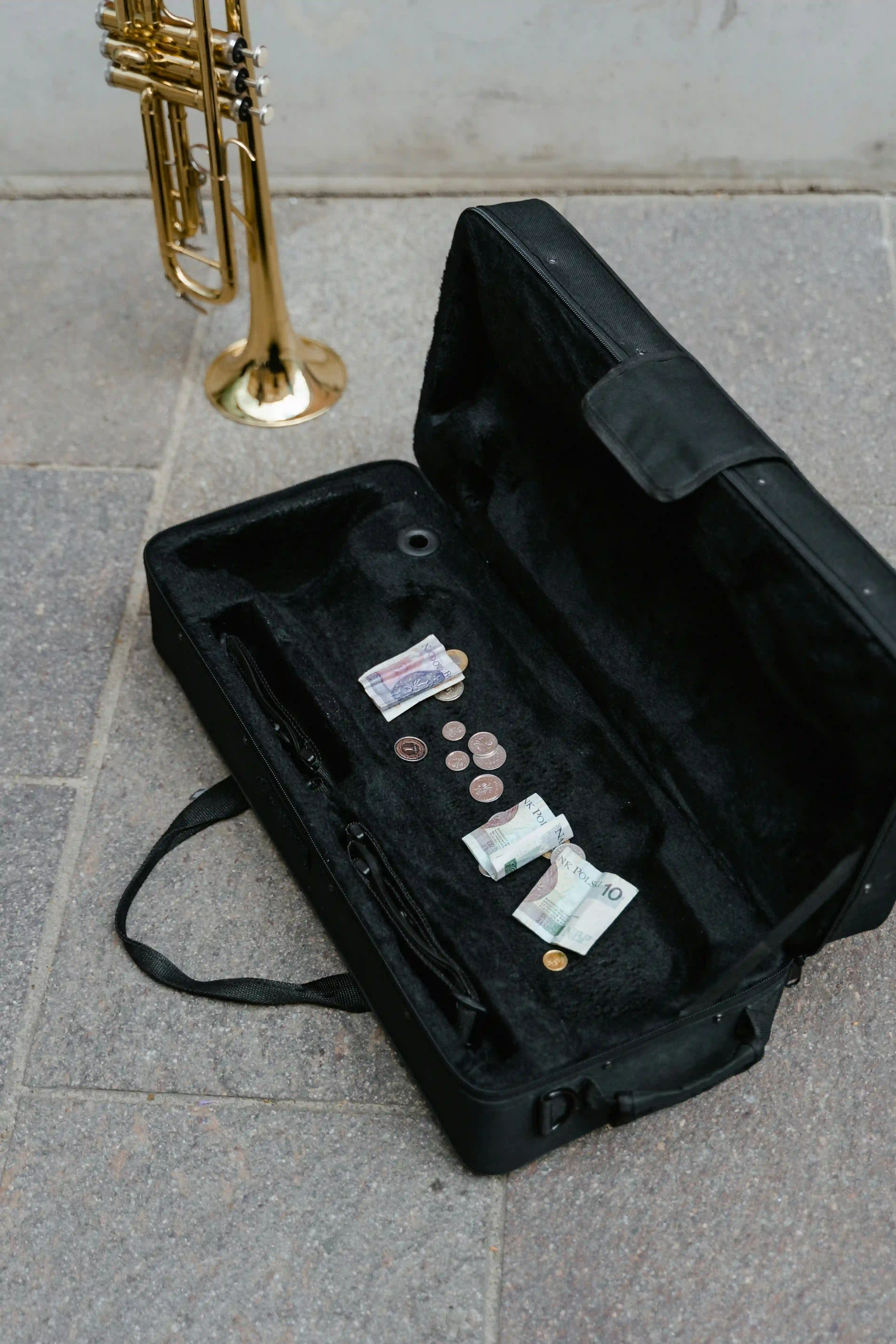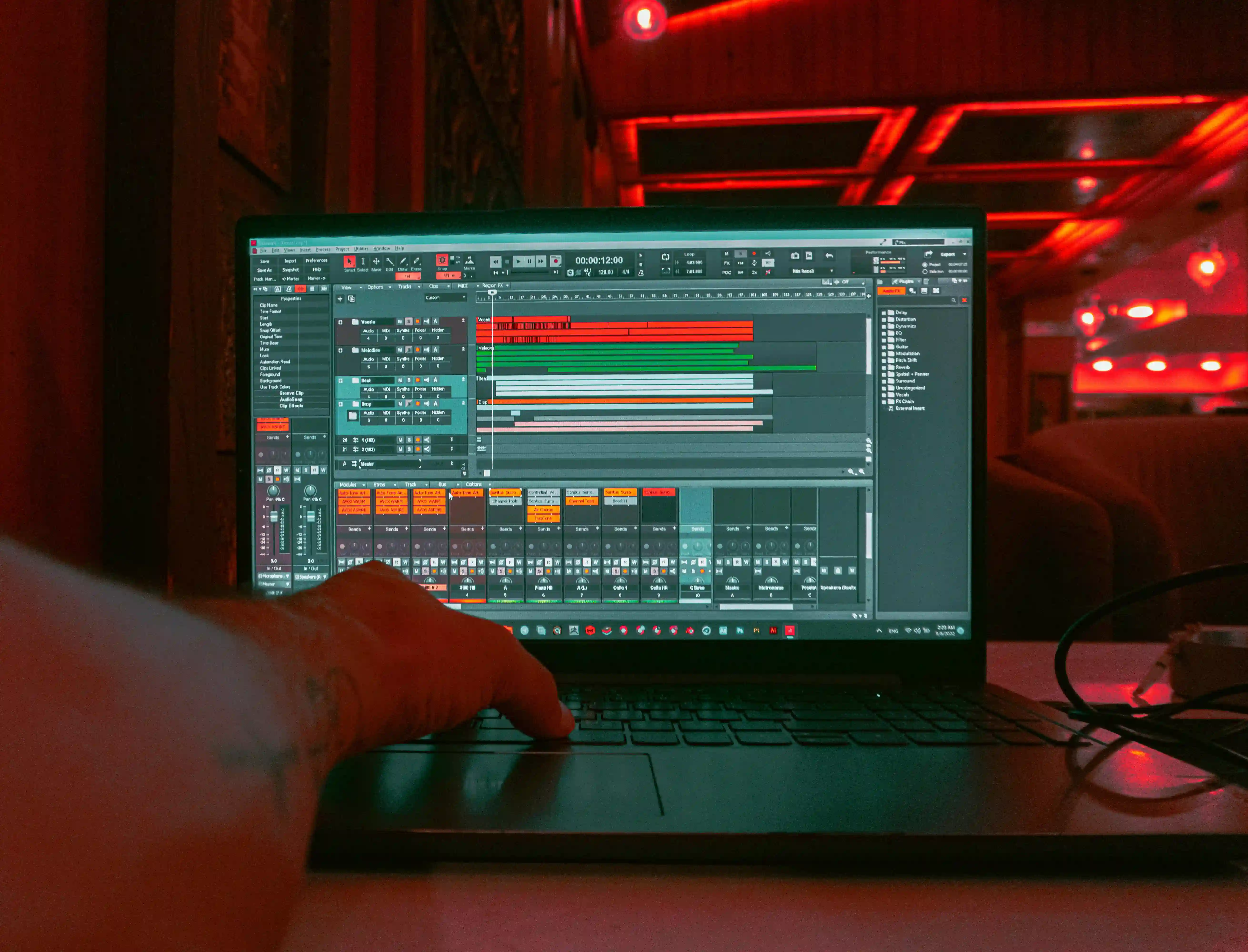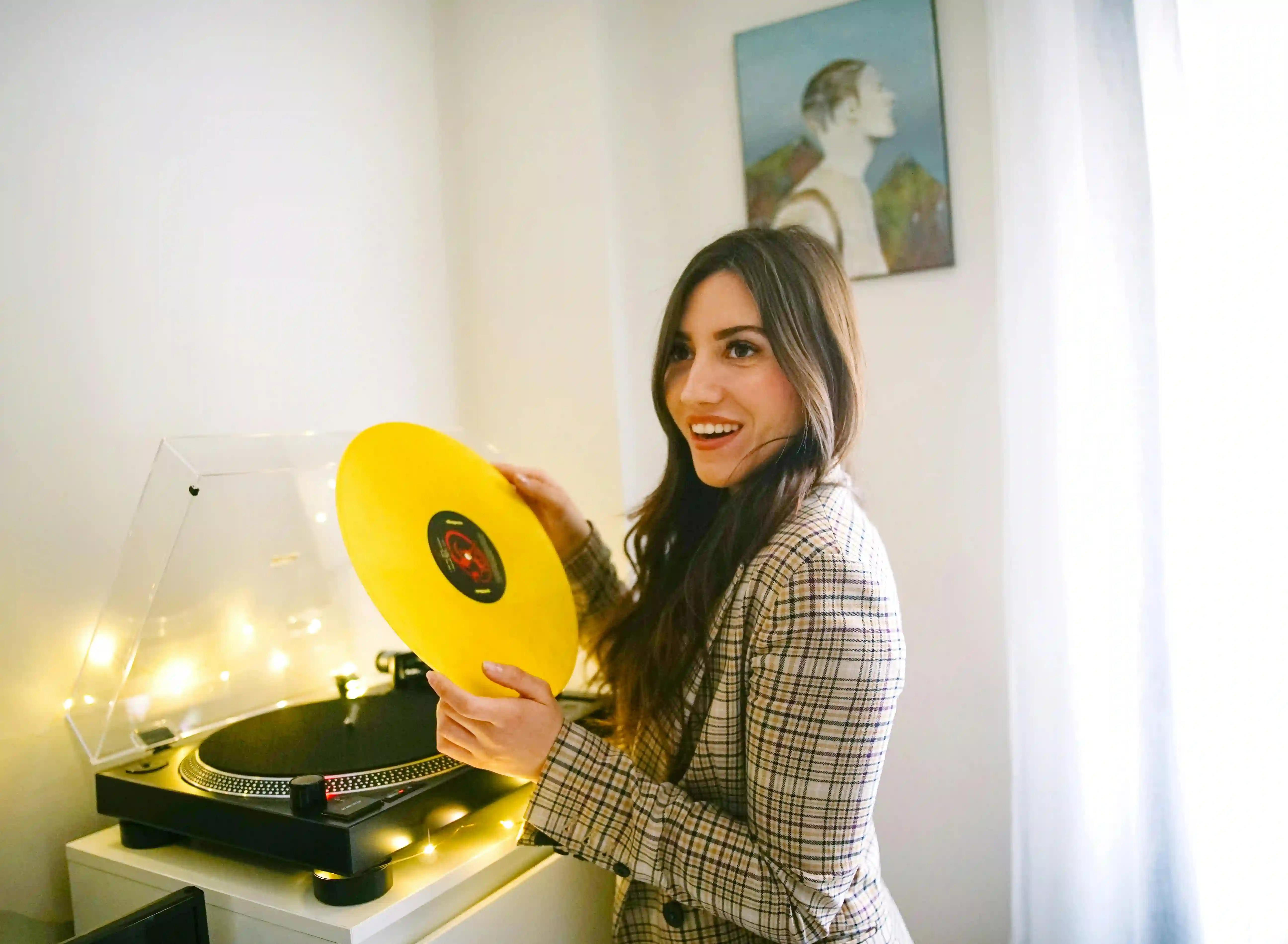Understanding Music Royalties and Licensing: How Artists Can Ensure They Get Paid For Their Work.
Navigating the world of music royalties and licensing can be complex, but it’s crucial for artists to understand how they work to ensure they receive proper compensation for their work. In this comprehensive guide, we'll break down the different types of music royalties, how licensing works, and how artists can make sure they get paid.

Types of Music Royalties
1. Performance Royalties
2. Mechanical Royalties
3. Synchronization (Sync) Royalties
4. Print Royalties
5. Digital Royalties
Music Licensing

Tips On How to Protect Your Rights
Ensuring Proper Payment

Summary
More Publications from music
How to Promote Your Music on Social Media: Boost Your Online Presence And Grow Your Fanbase Today.
Top Music Production Software for Beginners: Tips To Get Started On Your Music Production Journey.
The Evolution of Music Genres in the 21st Century: Trends & Influences That Have Shaped The Music
Best Home Studio Setup for Musicians: Discover The Best Home Studio Setup For Musicians.
How to Write Catchy Song Lyrics: Learn How To Write Catchy Song Lyrics With These Practical Tips
The Impact of Streaming Services on the Music Industry: Explore The Impact Of Streaming Services
Tips for Successful Live Streaming Concerts: Technical Setup, Engagement Strategies, And Audience
Exploring the Benefits of Music Therapy: Positive Effects On Mental Health and Emotional Well-Being
Get Your Music Featured on Spotify Playlists: Effective Strategies, Engaging With Curators and Promo
Understanding Music Royalties and Licensing: How Artists Can Ensure They Get Paid For Their Work.
Post Views

















Add New Comment
please login to add or edit your comment
login nowpost comments
no comments added yet!